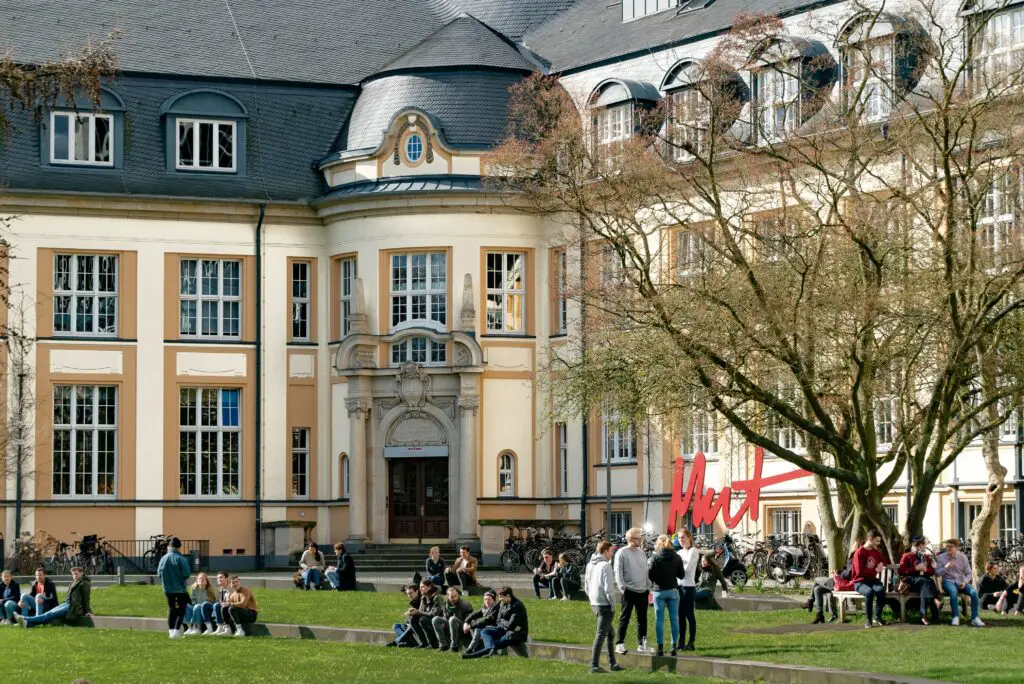Vermont Law School (VLS) is a private law school located in South Royalton, Vermont. It was founded in 1972 and is known for its environmental law program. In this essay, we will examine the pros and cons of VLS in detail.

Pros:
- Environmental Law Program: One of the biggest pros of VLS is its environmental law program. The school has a long history of providing a comprehensive environmental law education, and is consistently ranked as one of the top law schools for environmental law in the country.
- Small Class Sizes: VLS has a student-to-faculty ratio of 6:1, which means that students receive a lot of individual attention from their professors. This is particularly beneficial for students who need extra help or who want to engage in in-depth discussions with their professors.
- Practical Experience: VLS places a strong emphasis on practical experience, and students have the opportunity to participate in clinics, internships, and other experiential learning programs. This is particularly beneficial for students who want to gain practical experience in their chosen field before entering the workforce.
- Location: VLS is located in South Royalton, Vermont, which is a small town in central Vermont. The town offers a variety of outdoor recreational opportunities, and students have easy access to hiking, biking, and skiing.
- Academic Programs: VLS offers a variety of academic programs in addition to its environmental law program, including programs in business law, criminal law, and dispute resolution. The school also offers a variety of joint degree programs, which allow students to earn two degrees in less time than it would take to earn them separately.
Cons:
- Cost: One of the biggest cons of VLS is its cost. Like many private law schools, VLS is expensive, and many students graduate with significant student loan debt. However, the school does offer financial aid and scholarships to help offset the cost of tuition.
- Limited Diversity: VLS is not known for its diversity, and the student body is primarily made up of white, non-Hispanic students. This lack of diversity can be a disadvantage for students who want to broaden their perspectives and learn from people with different backgrounds and experiences.
- Limited Career Opportunities: South Royalton is a relatively small town, and the job market may not be as robust as larger cities. This can be a disadvantage for students who are looking for jobs in more traditional fields.
- Limited Extracurricular Activities: Because VLS is a small law school, there are limited extracurricular activities available for students. This can be a disadvantage for students who want to participate in clubs, sports, and other activities outside of their classes.
- Limited Name Recognition: VLS may not have the same name recognition as some other law schools, which can be a disadvantage for students who want to attend a law school with a strong reputation.
Conclusion:
In conclusion, VLS is a great choice for students who want to attend a law school with a strong environmental law program and a commitment to practical experience. However, the school is not without its drawbacks, including its cost, limited diversity, limited career opportunities, limited extracurricular activities, and limited name recognition. Ultimately, the decision to attend VLS or any other law school will depend on the individual student’s needs, goals, and preferences.

